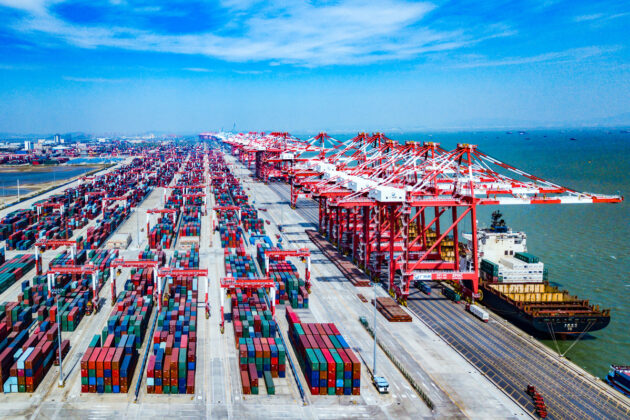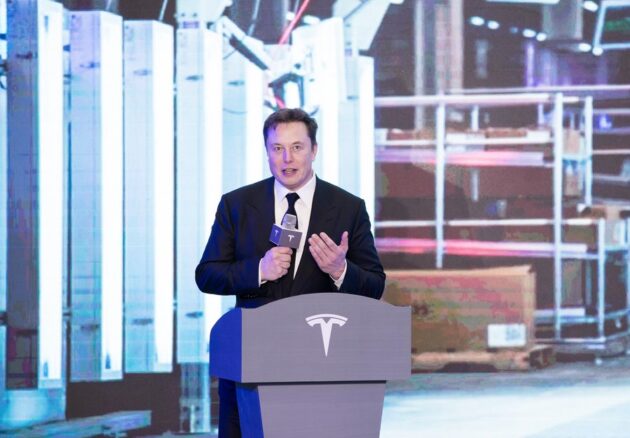Kenyan firms to access Sh13bn trade facility from StanChart, BII
NAIROBI, Kenya, July 16 – Standard Chartered and British International Investment (BII), the UK’s development finance institution, have unveiled a Sh13 billion ($100 million) trade finance facility aimed at boosting access to capital for businesses in Kenya and Tanzania.
The new facility is expected to unlock over Sh58.5 billion ($450 million) in trade flows across both countries over its lifetime.
According to the partners, it will support local corporates and SMEs in key sectors such as agriculture, food production, healthcare, manufacturing, and infrastructure, enabling them to import essential goods, pay suppliers on time, and expand export operations.
The facility qualifies under the 2X Challenge, meeting criteria that prioritise women-led or women-owned businesses and promote women’s leadership and access to quality employment and financial services.
“We are committed to unlocking opportunities for growth and resilience across East Africa,” said Kariuki Ngari, Chief Executive Officer for Kenya and Africa at Standard Chartered.
“Through our partnership with BII, this new trade finance facility further empowers local businesses, especially those owned or led by women, by providing them with the capital they need to scale, trade, and thrive.”
This latest agreement extends a long-term partnership between Standard Chartered and BII. In November 2024, the two institutions announced a Sh45.5 billion ($350 million) risk participation deal, building on their initial collaboration that began in 2013.
These efforts aim to bolster trade finance access across Africa and South Asia.
Seema Dhanani, Head of Office and Coverage Director for Kenya at BII, emphasised the importance of the initiative.
“Access to trade finance remains a critical constraint for businesses across East Africa, particularly for women-led enterprises and SMEs in key value chains,” he said.
“Through this facility with Standard Chartered, we’re enabling more businesses in Kenya and Tanzania to access the capital they need to thrive, create jobs, and expand their reach.”
The facility is poised to strengthen value chains, support job creation, and contribute to inclusive economic growth across the region.






